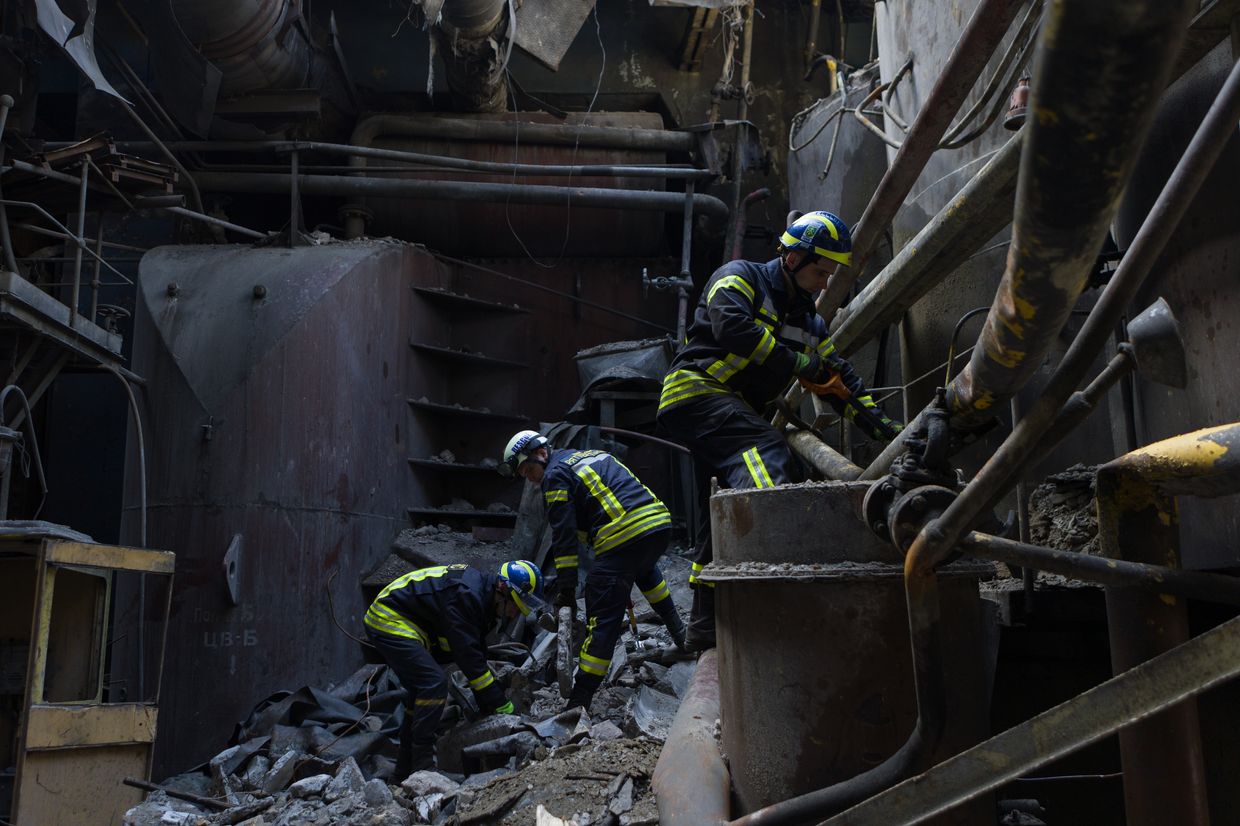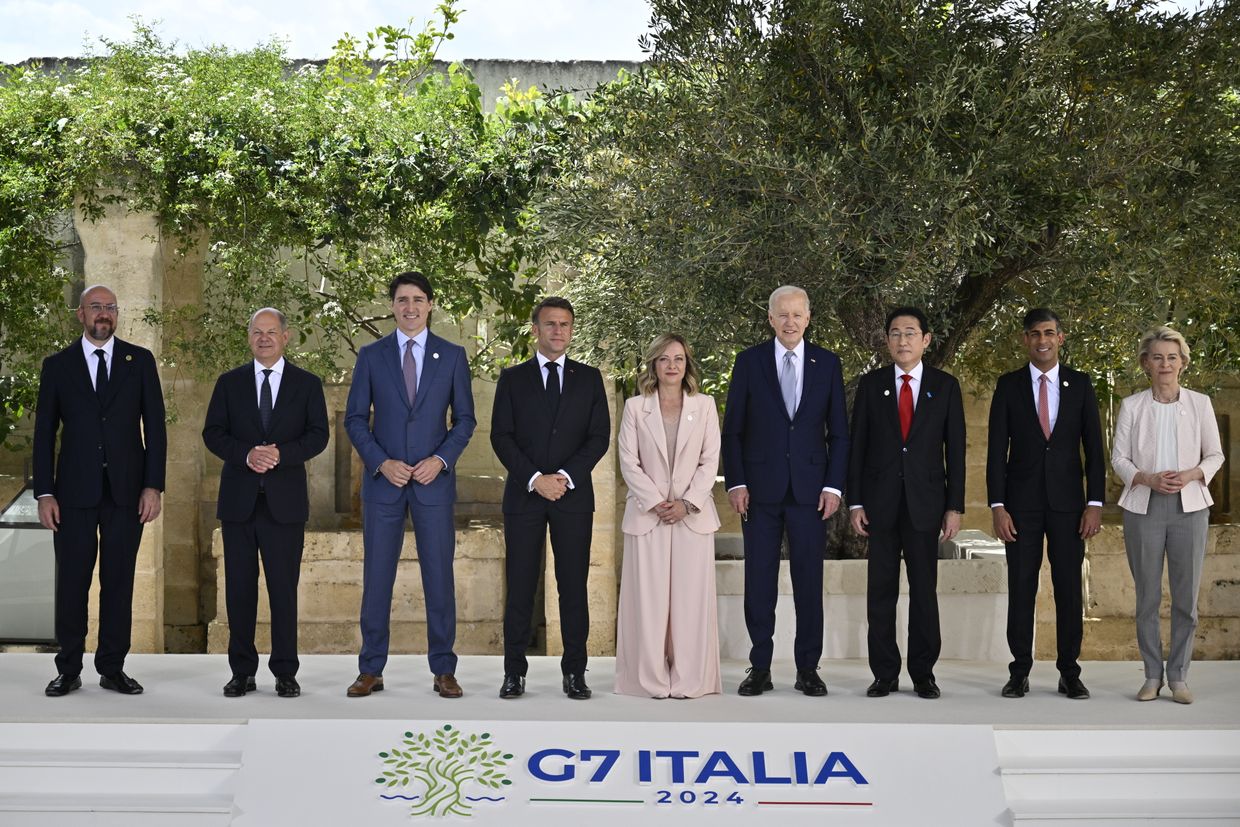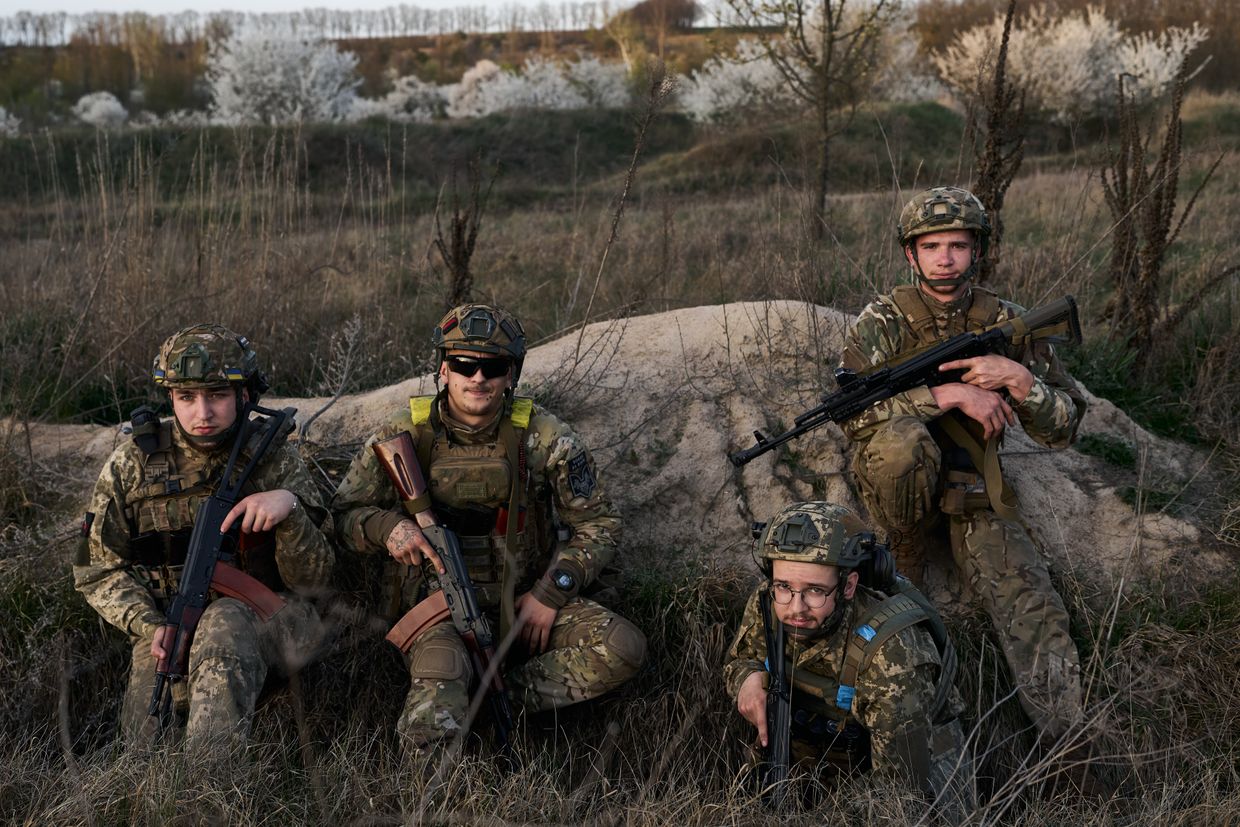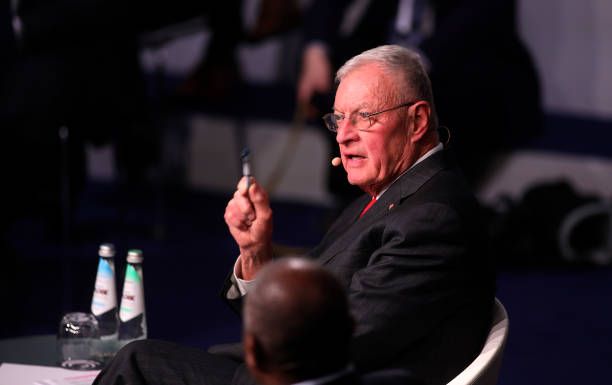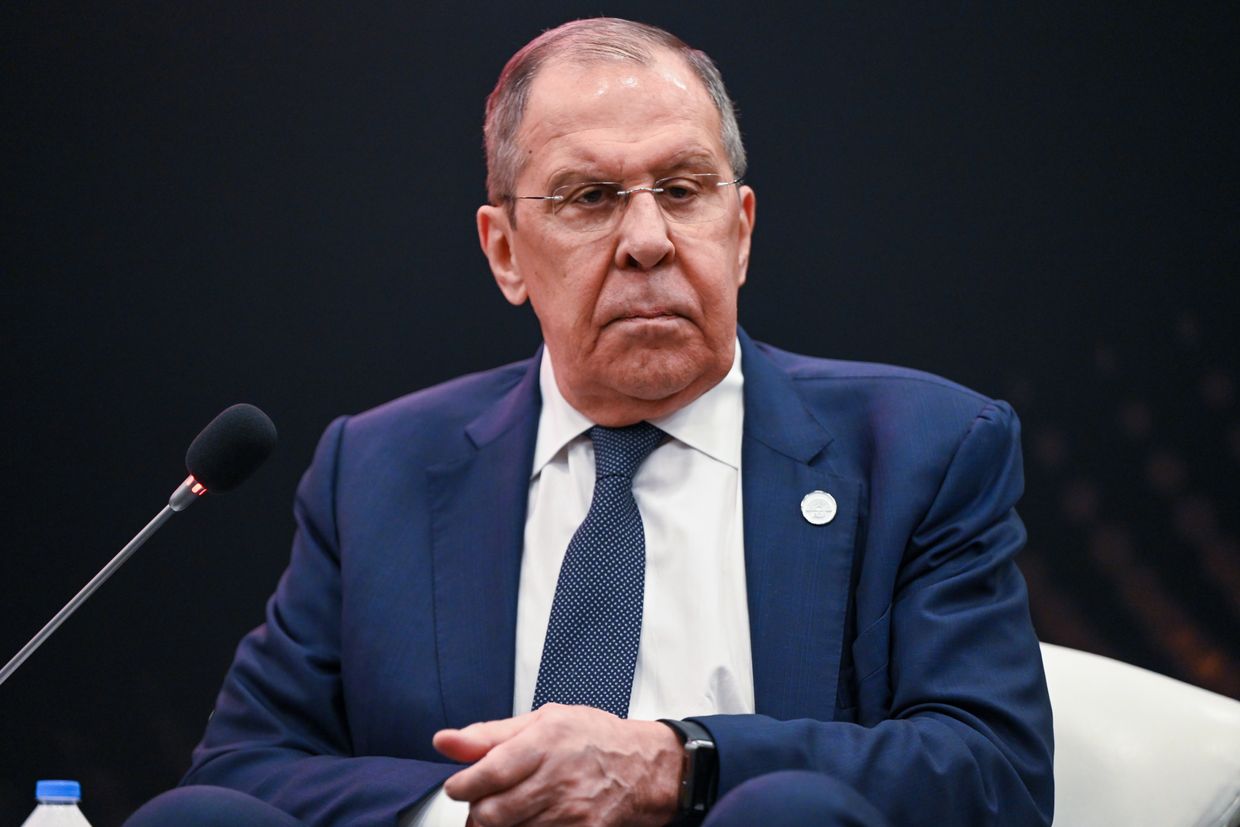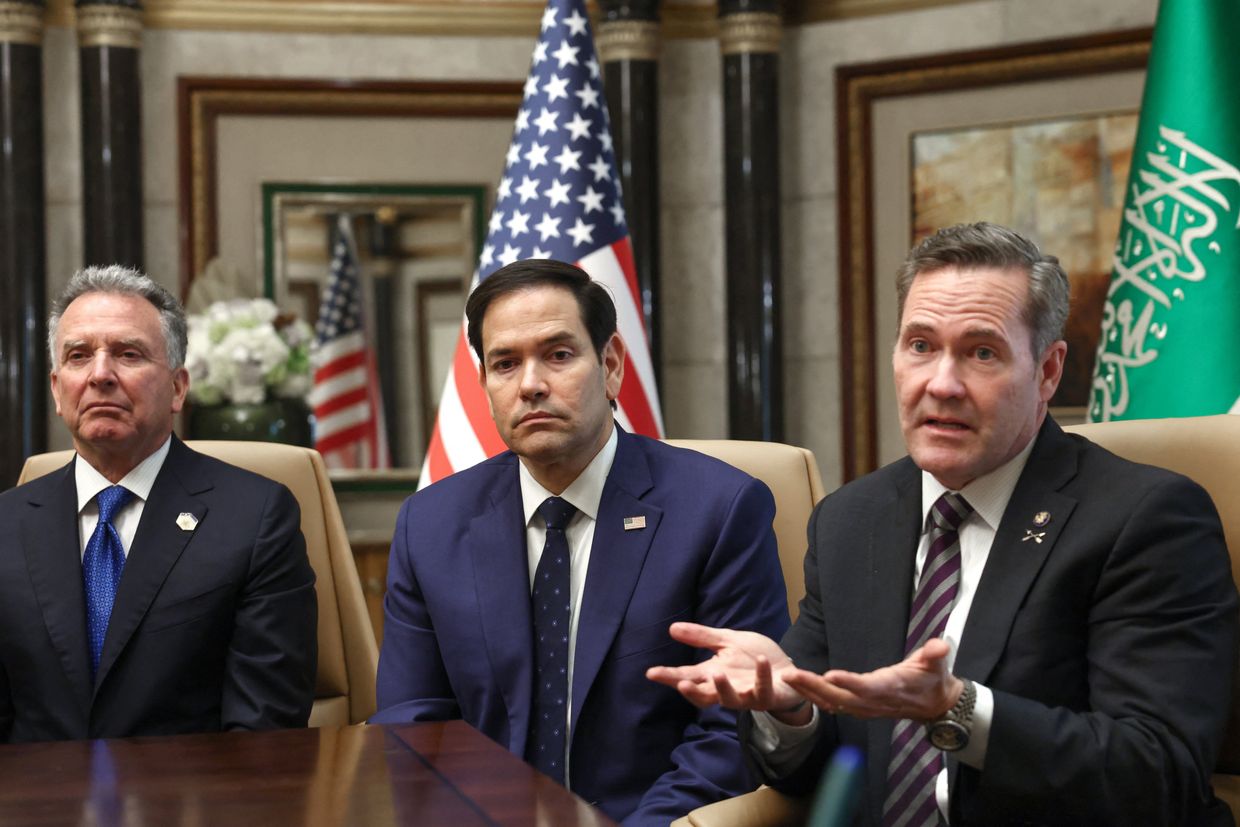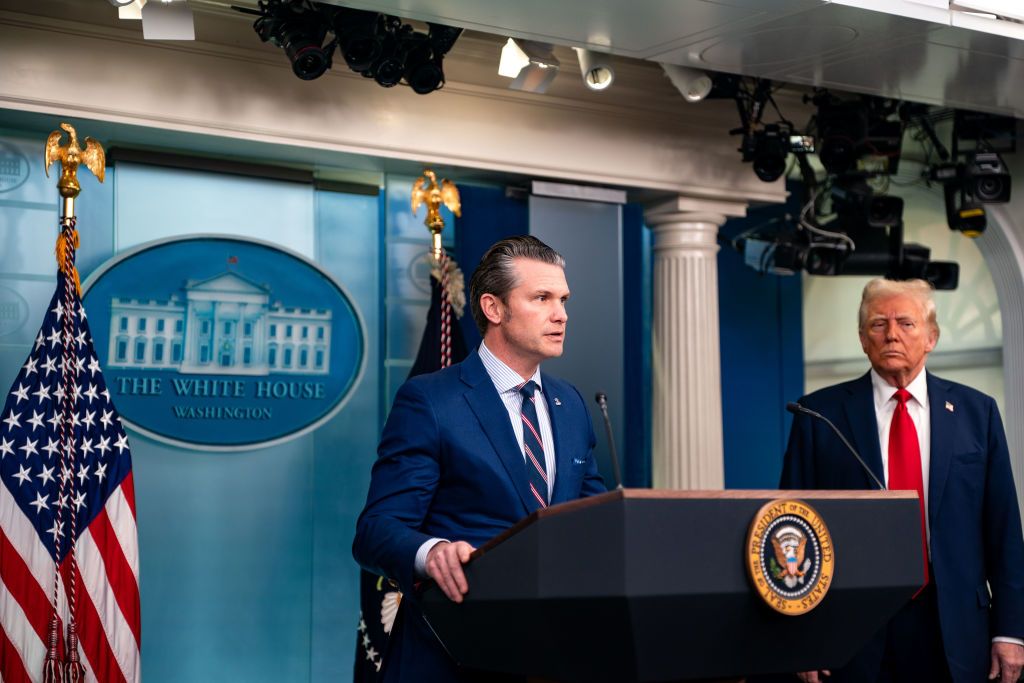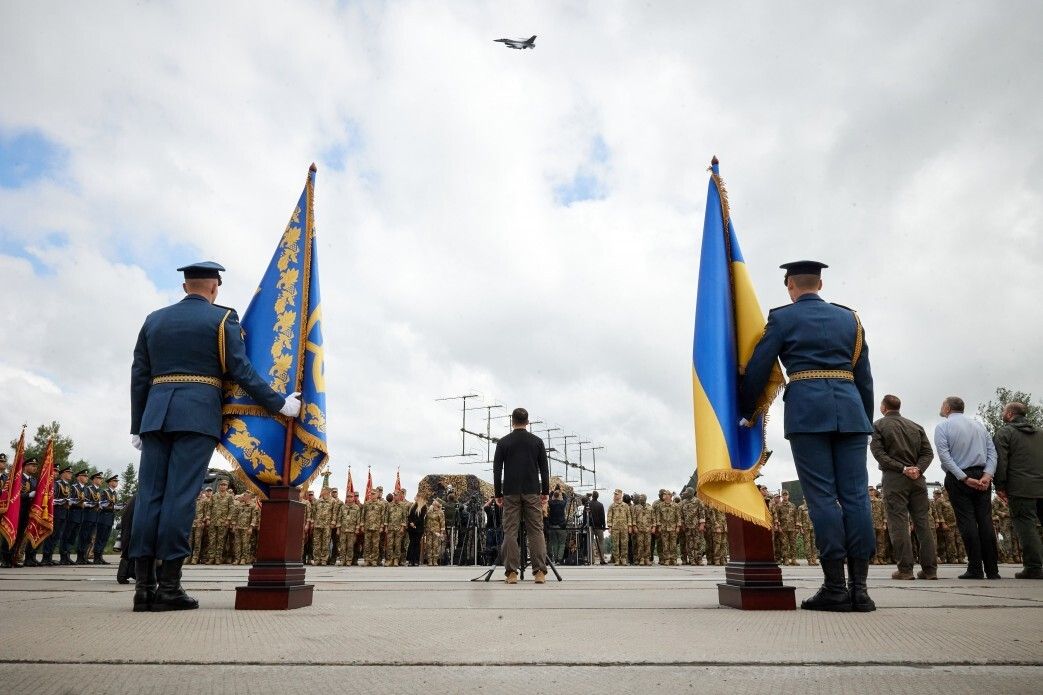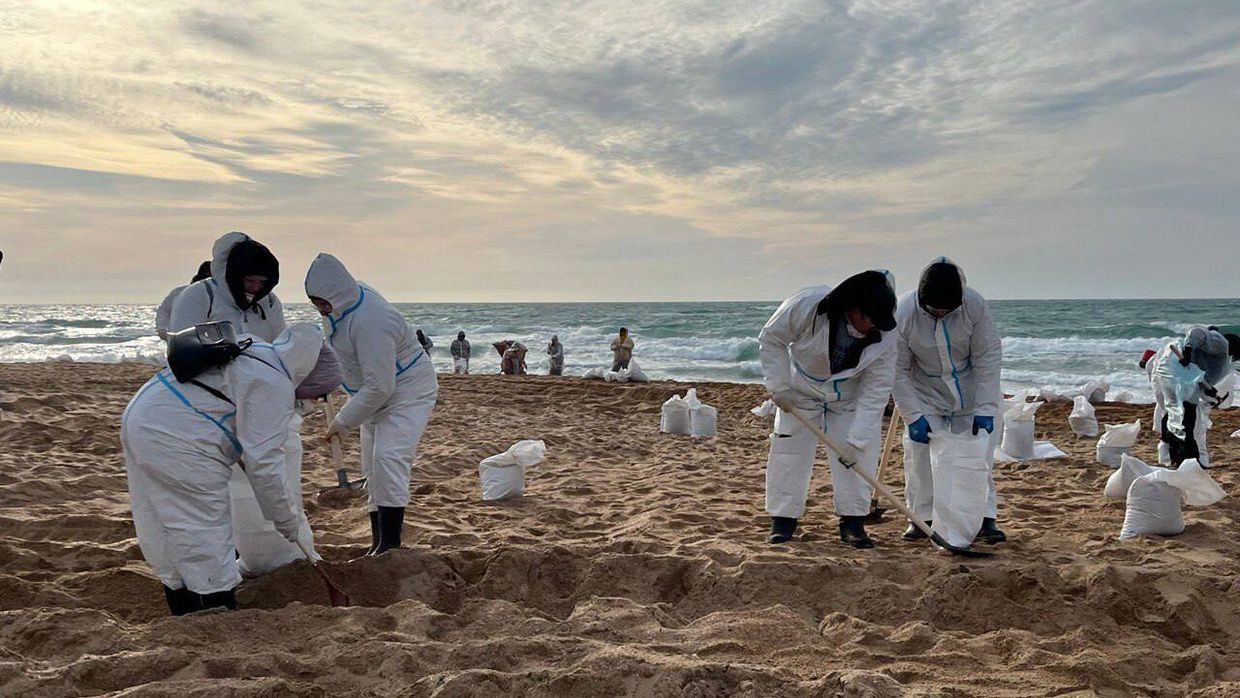The Group of Seven (G7) plans to keep Russian assets frozen even after the end of Russia's war against Ukraine, the Japanese news agency Nikkei reported on Oct. 22, citing its undisclosed sources from G7.
European countries hold roughly two-thirds of the $300 billion in Russian sovereign assets immobilized after the outbreak of the full-scale war. While hesitant to confiscate the assets outright, the European Union has devised a plan to use windfall profits to fund Ukraine's reconstruction and defense needs.
G7 leaders will issue a joint statement in October saying that "Russia's sovereign assets will remain immobilized until Russia ends its aggression and pays for the damage it has caused to Ukraine," according to the draft prepared by this year's chair, Italy.
The bloc will also guarantee a $50 billion loan to Kyiv, Nikkei reported, citing the draft.
During the June G7 summit in Italy, G7 leaders publicly confirmed a deal to provide Ukraine with the $50 billion loan by the end of the year. The loan will be repaid using interest from billions in frozen Russian assets.
In September, European Commission President Ursula von der Leyen announced a loan of up to 35 billion euros ($39 billion) as part of that pledge. In October, the World Bank's executive committee approved the creation of a new fund to help fulfill G7's $50 billion loan.
Estimates of the damage that Russia's aggression has caused to Ukrainian infrastructure over the past decade vary. The World Bank said in February that it could be as high as $486 billion.
Under the G7 plan, profits from Russia's frozen assets will gradually be used to repay the loan. EU officials have said that the loan would be "undesignated" and "untargeted," allowing Ukraine maximum flexibility in how it spends the funds. The EU expects to start distributing the money early next year.
